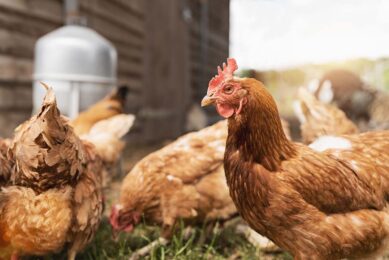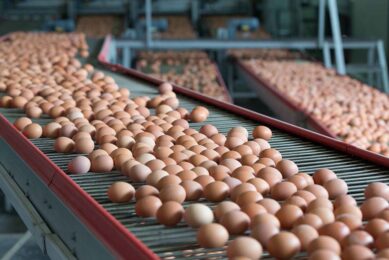Dutch university develops organic egg test

RIKILT, part of Wageningen UR, the Netherlands, has developed a method for verifying whether an egg is organic with the help of analytical techniques.
The method works by reading a ‘fingerprint’ of components of the egg. The fingerprints of authentic organic products are compared to a broad selection of similar regular products, and the results are recorded in a database.
The researchers at RIKILT have developed a statistical model which compares the fingerprint of a new sample to those of samples in the database. This makes it possible to determine whether the makeup of this new product is closer to that of organic or regular products.
With eggs, RIKILT particularly examines the fingerprint of the yellow pigments in eggs, called carotenoids. It has been demonstrated that there are enough variations in these fingerprints to enable a clear distinction between organic and regular eggs. The fingerprints are identified with the help of a separation technique called high-pressure liquid chromatography, or HPLC. The database currently contains data from eggs from seventy-five organic egg producers (more than half of the organic egg producers in the Netherlands) and around seventy-five producers of other types of eggs, including free-range, deep-litter, and battery.
Researchers are currently working on further developing these methods in order to identify other products, including organic animal feed, wild as opposed to farmed fish, and sustainably-produced palm oil.
Source: Wageningen University
Join 31,000+ subscribers
Subscribe to our newsletter to stay updated about all the need-to-know content in the poultry sector, three times a week. Beheer
Beheer








 WP Admin
WP Admin  Bewerk bericht
Bewerk bericht